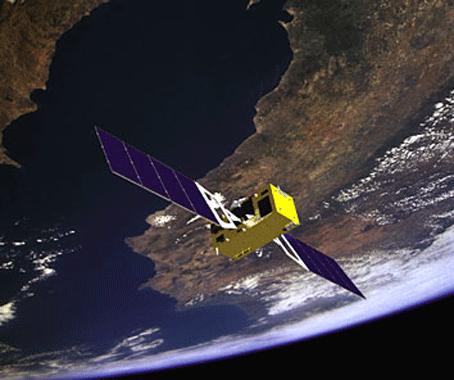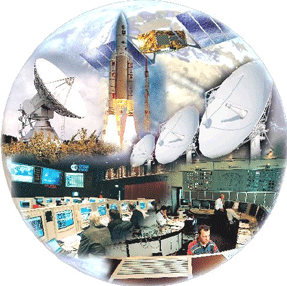Galileo Opens Again In Milano
 
Two EU Initiatives:
Galileo & Cargo City at Malpensa
Galileo
The European Commission –
the executive body of the European Union -- created the Trans-European
Transport Network Executive Agency (TEN-T EA) to undertake some large-scale
projects. The air cargo sector is already starting to see some potential
outcomes from TEN, and some of these could bode well for the industry.
The largest TEN-T
project facilitates the flow of air cargo (and other cargoes) by providing
billions of euros to launch GALILEO, the trans-European positioning and
navigation systems network. The project receives funding under the TEN-T
program. It will provide a reliable and efficient positioning and navigation
service, which can be used by all modes of transport in a variety of application.
GALILEO is set to
become the one and only European global navigation satellite system. Up
to now, Global Navigation Satellite Systems (GNSS users in Europe have
had no alternative other than to use the U.S.’s GPS or the Russian
GLONASS satellite signals. Yet the military operators of these systems
can give no guarantee to maintain uninterrupted service.
 Meanwhile,
satellite positioning has already become the standard and essential tool
for navigating. If GNSS signals were switched off tomorrow, ship and aircraft
crews around the world would be hard-pressed to revert to traditional
navigation methods. As the use of satellite navigation spreads, the implications
of signal failure become even greater, jeopardizing the efficient running
of transport systems. Meanwhile,
satellite positioning has already become the standard and essential tool
for navigating. If GNSS signals were switched off tomorrow, ship and aircraft
crews around the world would be hard-pressed to revert to traditional
navigation methods. As the use of satellite navigation spreads, the implications
of signal failure become even greater, jeopardizing the efficient running
of transport systems.
As far back as the
early 1990’s, the European Union saw the need for a European-controlled
global satellite navigation system. The decision to build one was taken
in the spirit of other well-known European endeavors, such as the Ariane
launcher and Airbus.
European independence
is the chief reason for taking this major step. But, by being interoperable
with GPS and GLONASS, GALILEO will also be, in a very real way, the new
cornerstone of the GNSS. This worldwide system will henceforth be under
civilian control. And with its full complement of satellites, more than
the current GNSS systems, GALILEO
will allow positions to be determined accurately even in high-rise cities,
where buildings obscure signals from today's satellites.
GALILEO will also
offer several signal enhancements making the signal more easy to track
and acquire and more resistant against interference and reflections. European
GNSS will deliver much more precise and much more reliable services than
the American and Russian systems. This means GALILEO will make possible
a whole new and virtually limitless range of ‘reliability-critical'
services, applications and business opportunities.
By placing satellites
in orbits at a greater inclination to the equatorial plane, GALILEO will
also achieve better coverage at high latitudes, making it particularly
suitable for operation over northern Europe, an area not well covered
by GPS.
So, with GALILEO, Europe will be able to exploit the opportunities provided
by satellite navigation to a much fuller extent than currently possible.
As a consequence, European GNSS receiver and equipment manufacturers,
application providers and service operators could well benefit from novel
business opportunities.
Malpensa
A smaller TEN-T project
aims to provide Milan’s Malpensa Airport with a multimodal logistics
park that integrates cargo traffic and offer benefits for the entire
region.
The project will allow a progressive increase
of Malpensa’s capacity to become comparable to the levels at which
other main European airports operate. Current traffic growth will lead
to a saturation of cargo warehouses in the short/medium term. Furthermore,
Malpensa Airport’s strategy is to attract goods transport by road
via the main north-south communication routes. As a result, Malpensa
Cargo City requires adequate structures to meet the demand for cargo
traffic.
The project for the development of the Cargo City
at Malpensa Airport encompasses the following projects: a new railway
tunnel, new aprons for cargo aircraft, new first line warehouses, new
second line forwarder warehouses, and urbanization of cargo areas.
This project involves development of the railway
tunnel, which will be done prior to the implementation of other works.
Covering the railway tracks, the surface can be utilized for aircraft
and vehicle movements.
The project’s implementation schedule is ambituous.
The start date was December 2008 and the end date is October 2011.The
project’s implementing body is Aereoporti di Milano, SEA The Aereoporti
project’s budget is €11,940,000. The total project cost is
€21,500,000.
Gordon Feller
|



